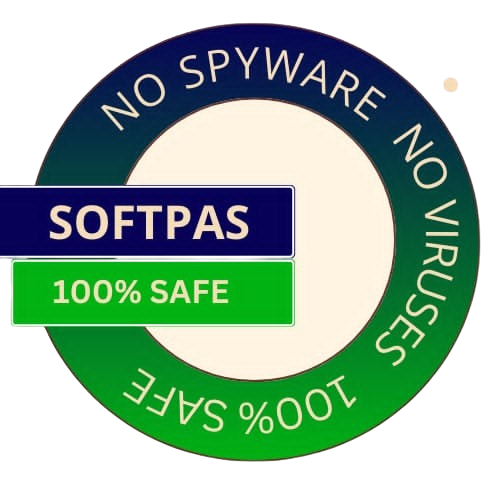
Get the best deals on your favorite games
Unionfs is a cool stackable unification file system. It lets you combine the contents of different directories, or branches, while keeping everything organized and separate. This is super handy for things like managing source trees, merging files from a split CD-ROM, or even combining software package directories. Basically, it helps you keep your files in order without mixing them up!
One of the best parts about Unionfs is that it allows a mix of read-only and read-write branches. You can add or remove branches anywhere you want! It's really flexible.
To make sure everything runs smoothly with Unix systems, Unionfs takes care of removing duplicates and handling errors that might pop up. This way, your files stay neat and tidy.
You can get started by simply typing "make," and Unionfs will build itself automatically! The Makefile looks for your running kernel sources in /lib/modules/`uname -r`/build/include. If your kernel sources are in a different spot, just create a file called "fistdev.mk" with the path where your kernel sources are located.
If you want to enable extended attribute support (which is off by default), just define UNIONFS_XATTR in your settings. For vanilla kernels, this should work fine right away. But if you've added any patches from your vendor, you might need to adjust some settings to get things working perfectly.
The distribution comes with a script called doit.sh that mounts Unionfs. By default, it sets up two branches: /branch0 and /branch1. Feel free to check it out and modify it however you like!
If you're ready to install Unionfs, just run "make install." This will copy unionfs.o into /lib/modules/`uname -r`/kernel/fs/, utilities into /usr/local/sbin/, and man pages into /usr/local/man.
Go to the Softpas website, press the 'Downloads' button, and pick the app you want to download and install—easy and fast!

SoftPas is your platform for the latest software and technology news, reviews, and guides. Stay up to date with cutting-edge trends in tech and software development.
Subscribe to newsletter
© Copyright 2024, SoftPas, All Rights Reserved.